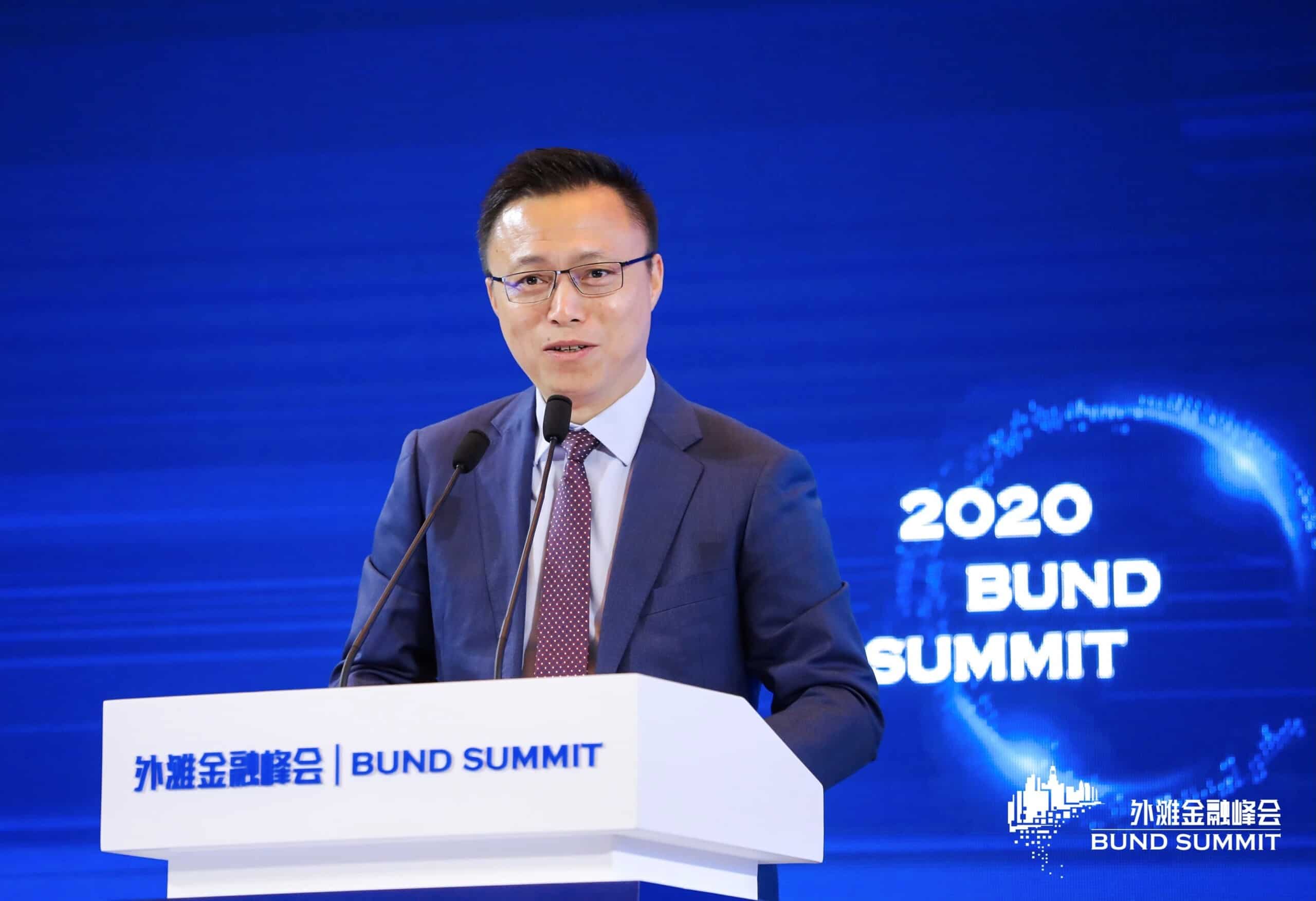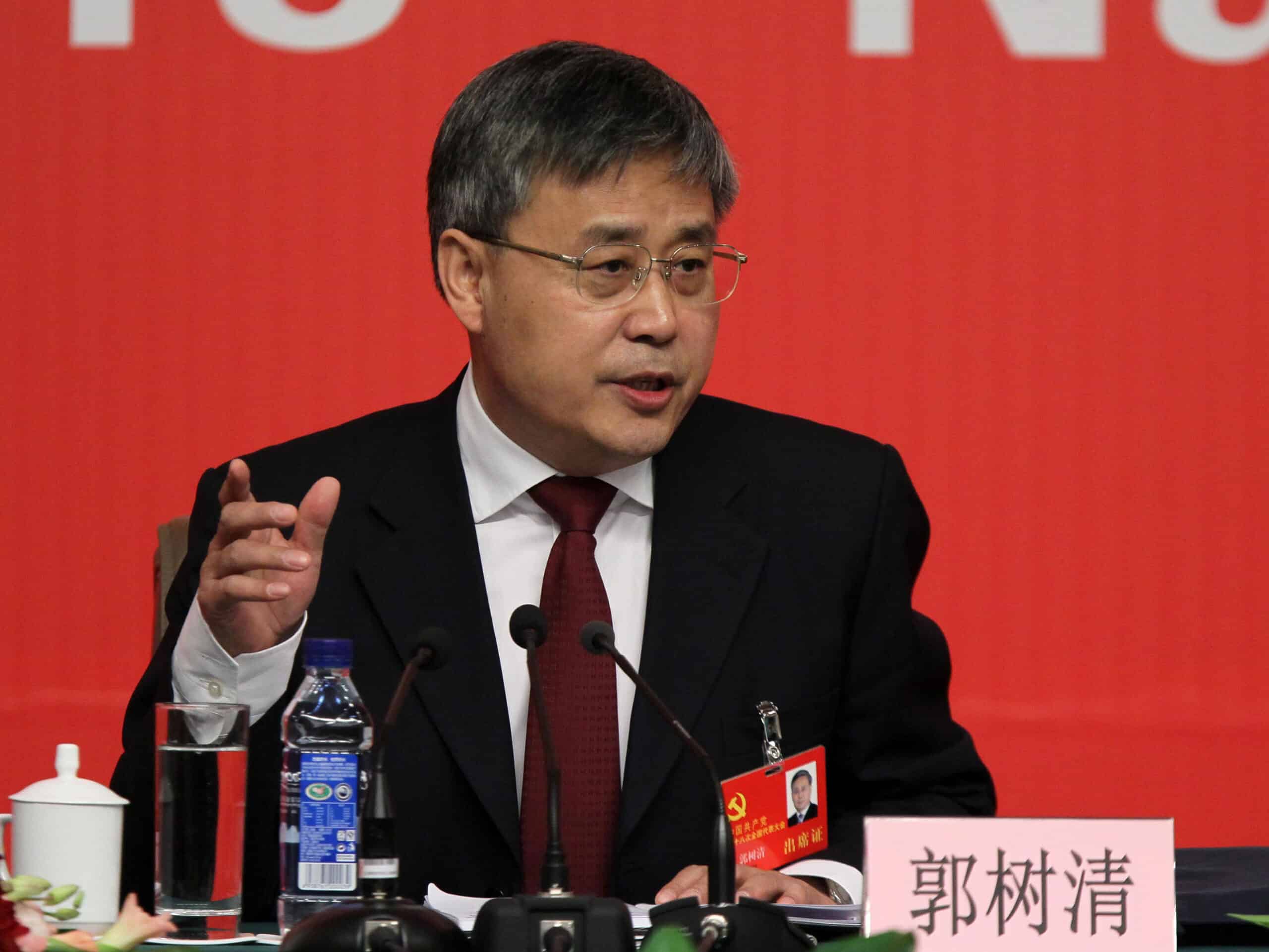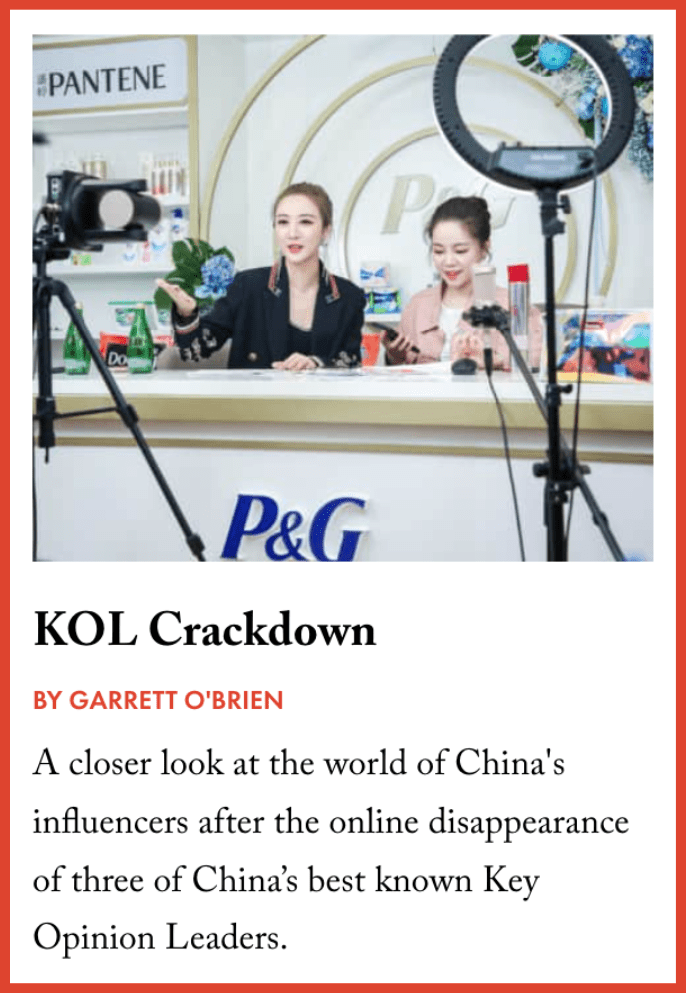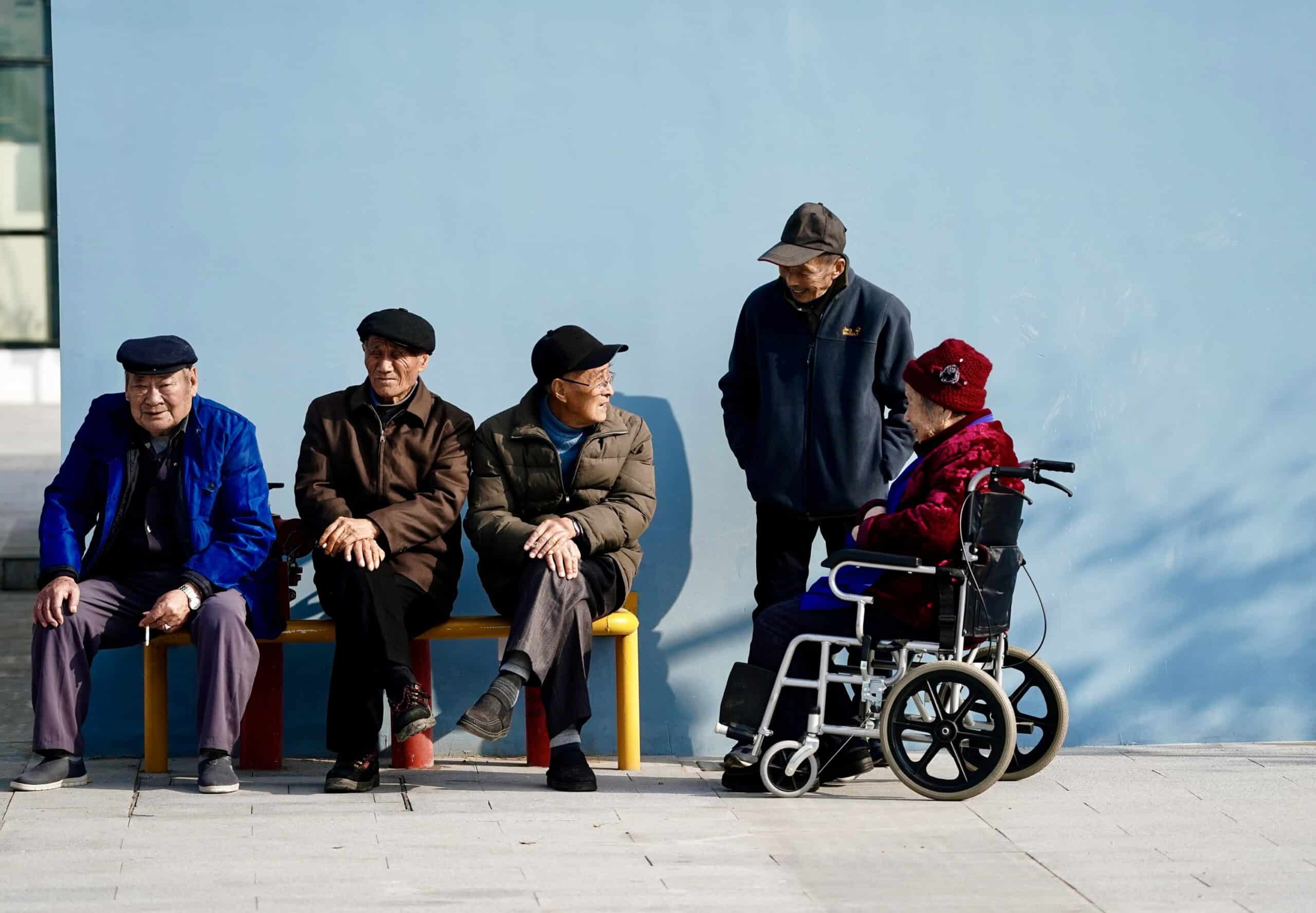
Over the past few weeks, there have been ample signals that China’s big tech industry is out of the doghouse.
Starting in late 2020, companies in the sector had faced an intense barrage of new and often onerous regulations in areas from fintech and data protection, to online competition and youth protection. Longtime investors darlings such as e-commerce giant Alibaba and videogames behemoth Tencent saw their share prices slump, while the online education industry was all but wiped out.
Of late, though, olive branches have been appearing. In mid-January, Hangzhou’s party secretary Liu Jie signed a strategic agreement with Alibaba, which has its headquarters in the city. In an accompanying speech, Liu said that future regulation would be implemented “with forgiveness and prudence”. He also visited Ant Group, Alibaba’s fintech spin-off whose failed initial public offering in late 2020 first sparked talk of a “tech crackdown” in China. More recently, Ant has received regulatory approval for a cash injection into its consumer finance unit; as part of this deal, Hangzhou Jintou Digital Technology group, controlled by the Hangzhou government, will take a 10 percent stake in the unit. In another announcement, the company confirmed changes to its voting structure that will see the end of Jack Ma’s control, with his voting weight dropping from over 50 percent to just 6 percent.

In another notable example of relaxation, Didi, the ride-hailing giant that was fined 8 billion yuan last year for cybersecurity violations, has resumed adding new customers to its services for the first time in 18 months. The director of China’s banking regulator, Guo Shuqing, meanwhile stated this month that efforts to rectify the financial operations of 14 large tech platforms are “basically completed”.
So after all of this, with around $1.5 trillion wiped from the market value of Chinese tech platform companies, we are left with two simple questions: what has really changed in the last few years, and what now?
First of all, we should show some caution about framing the regulatory wave since 2020 as a “tech crackdown”. To begin with, it wasn’t about all tech companies, only the big, consumer-oriented platforms like Alibaba and Didi. Businesses in, for instance, advanced robotics, biotech or corporate software were barely affected.
Moreover, the word “crackdown” itself implies that this was a coordinated but temporary phenomenon, intended to cut the platform economy down to size. In fact, the level of coordination in Beijing can be exaggerated: the regulatory campaign involved multiple authorities, all with their own agendas and policy objectives. Moves to regulate fintech, for instance, have a separate logic from those aimed at managing competition between platforms. Nor is this a short-term phenomenon, after which the previous status quo will be resumed. It is perhaps more accurate to see the measures of the last few years as a “rectification”, through which the authorities have sought to introduce new and permanent regulatory tools and requirements on economic activities that affect the lives of over a billion users.
… Beijing has clearly signalled that tech platforms have to act as good citizens, bearing the main responsibility for their content and the impact of their business models, and contributing to the Party’s overall social and economic policy goals.
Lastly, throughout the ‘campaign’ (and with the exception of the for-profit education tech sector), the authorities have underlined the importance they attach to the platform economy. Perhaps counterintuitively, the signal seems to have been that its importance is such that the undeniable excesses that had built up over the years needed to be curbed, for the good of the sector and the broader Chinese economy.
It has been tempting to ascribe the motivation for this rectification to political and sometimes gossipy factors. In this reading, the major driver behind the moves of the last few years was Xi Jinping’s desire to cut Jack Ma down to size. There may well be a grain of truth in this, but it doesn’t explain why so many other companies not associated with Ma got caught up as well. Bureaucratic factors have played a role too: the newly established State Administration of Market Regulation (SAMR) used the introduction of competition regulation to raise its profile and increase its access to funding and resources. Amongst other moves, it has established a new anti-monopoly bureau.
Yet there have clearly been multiple substantive motives behind the rectification as well. In some cases, these are not new: the controls imposed on the algorithms used to recommend content and AI-generated content are merely the latest in a long series of rules put in place in China over the production and distribution of online information. In other cases, the goal has been to extend existing rules into the platform area, adapting them where necessary for the sector’s specific properties. The ban imposed on the tech sector’s “9-9-6” working culture and the introduction of better protection for delivery drivers were based on existing labour law, for example; many of the “new” rules for fintech already applied to traditional banks; while the application of competition rules to tech firms merely specified how existing competition law should be applied to platforms. No new rules were even required to heavily punish tax-evading livestreamers, such as the well-known online celebrity Viya, who was fined 1.34 billion yuan in December 2021. In short, part of this rectification served to “normalize” big tech as just another Chinese industry, removing its halo status and its apparent sense of invulnerability.
More broadly, Beijing has clearly signalled that tech platforms have to act as good citizens, bearing the main responsibility for their content and the impact of their business models, and contributing to the Party’s overall social and economic policy goals.
What does this mean for the future of the sector? On the one hand, the rectification targeted many of the obvious excesses associated with the tech industry, from companies playing fast and loose with user data to the onerous and anti-competitive conditions platforms would put on third-party merchants. Whether the rectification’s goals will be achieved over the long-term depends on enforcement going ahead. In any case, the limitations imposed on business models and increased compliance costs mean the profitability of platform companies will likely be permanently depressed. This is not necessarily a bad thing: the winner-takes-all dynamics of the sector had sucked away oxygen from everybody else, including potential start-ups. If the measures behind the rectification lead to a more equal distribution of income to all participants in the sector, it might constitute one example of a way to achieve “common prosperity”, Xi Jinping’s flagship policy.
… a sustainable approach from Beijing must find a middle ground between innovation and profit on the one hand, and political objectives on the other.
However, many questions remain. Some of the new rules, most notably in data protection, are still vague and require further detail from regulators. It has not been made clear, for instance, how the authorities will conduct oversight over the mandatory registration of content recommendation algorithms. In other cases, the application and enforcement of rules seems to have been politicized. Here, differences between regulators matter: when SAMR fined Alibaba 18 billion yuan for competition law violations, it published a detailed legal argument to justify its decision. By contrast, the 8 billion yuan fine imposed on Didi by the Cyberspace Administration of China for data protection law infringements, seems to have been based on a retroactive application of the law. CAC’s decision letter cites misconduct going back to 2015, three years before the drafting of the relevant legislation started, and six years before it was published.
As China continues to face economic headwinds, re-enlisting the platform sector to serve economic growth is crucial. While it is clear a return to the no-holds-barred, Wild West era of the past decades is out of the question, the price of the intervention has been high, and a sustainable approach from Beijing must find a middle ground between innovation and profit on the one hand, and political objectives on the other.

Rogier Creemers is an Assistant Professor in Modern Chinese Studies at Leiden University. For the Leiden Asia Centre, he directs a project on China and global cybersecurity. He is also a co-founder of DigiChina, a joint initiative with Stanford University and New America.




